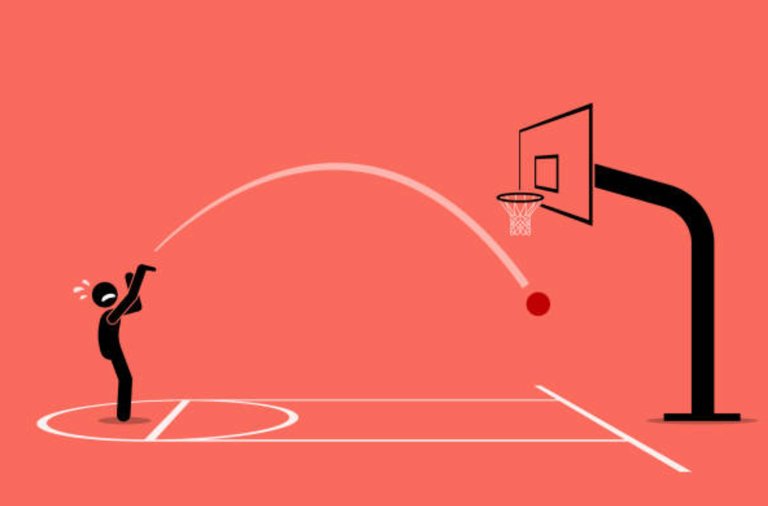Who is considered an expert?
It is easy to think of an expert as anyone in a specialized career field. In his lecture, Expert Failure, Dr. Roger Koppl shares that an expert is anyone that is paid for their opinion. This definition excludes some professionals that most people might consider an expert. For example, Dr. Koppl explains that a race car driver would not be considered an expert. A race car driver is simply paid to drive a race car - not share their opinion. His definition of an expert isolates the term to those who have a specific knowledge that others deem valuable. While the knowledge, and therefore the opinion, of an expert is valuable, it is not always accurate. This is where the topic of “expert failure” comes into play.
What are some examples of expert failure?
Some examples of expert failure that Dr. Koppl shares fall under the categories of false forensics, technical problems, business failures, and economic problems. One specific example is the economic downturn of 2008. Citizens of the United States trusted political experts when they were told that utilizing the easily accessible mortgage loans would raise everyone’s standard of living and stimulate the economy. This was obviously not the case. Another specific example that Dr. Koppl shared was the time when Android phones were catching fire. Consumers trusted the Android experts to deliver a safe and functioning product, yet they were left with the reality that experts do not always get things right.
Are we dealing with the consequences of expert failure today?
I believe that even to this day we experience the negative effects of expert failure. The first thing that comes to mind is all of the commercials recalling medications and offering benefits to those who have suffered. I’m sure that most people with cable TV have seen one of these commercials at some point. It is a scary thought to think of medical experts convincing people to take a medicine that they eventually discover is harmful. The same can be said for non-medical products - such as cigarettes. Many years ago, cigarettes were advertised as a popular and safe trend. As science caught up, this was obviously discovered to be a false ideology. This makes me wonder what else were are being told by experts that we will one day discover is not true.
Can expert failure be prevented?
While expert failures can never fully be prevented, Dr. Koppl shares that it would benefit us to remember that experts are humans. It is important to keep in mind that just like normal people, experts make mistakes too. It is also important to note that just like there are people with good and bad intentions, the same goes for experts. We need to think critically about the information we receive and who we are receiving it from. This is the only way to mitigate the effects of expert failure.
